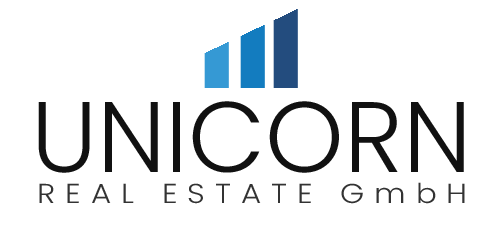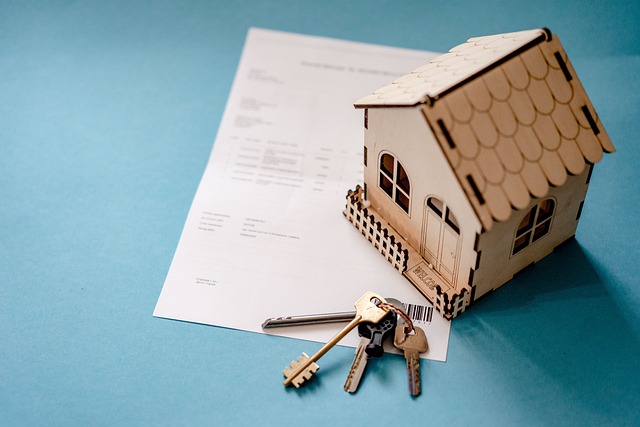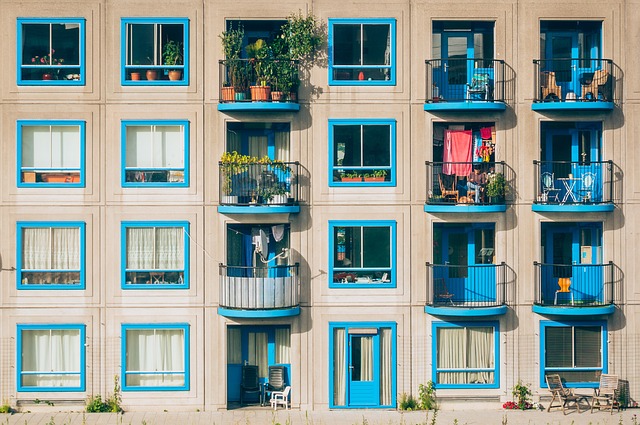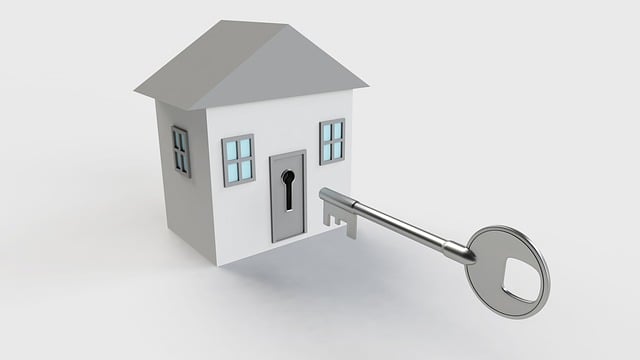Steigende Zinsen können verschiedene Auswirkungen auf den Immobilienmarkt haben:
- Höhere Kreditkosten: Wenn die Zinsen steigen, werden die Hypothekenzinsen und die Kreditkosten für den Kauf einer Immobilie teurer. Dadurch steigen die monatlichen Raten für Immobilienkredite, was potenzielle Käufer abschrecken kann. Dies kann zu einem Rückgang der Nachfrage nach Immobilien führen.
- Sinkende Immobilienpreise: Wenn die Kosten für den Erwerb einer Immobilie steigen, kann dies zu einem Rückgang der Immobilienpreise führen. Einige Käufer könnten Schwierigkeiten haben, die höheren Preise zu bezahlen, was zu weniger Wettbewerb und letztendlich zu sinkenden Preisen führen könnte.
- Verlangsamtes Marktwachstum: Steigende Zinsen können das Wachstum des Immobilienmarktes verlangsamen, da sich weniger Käufer den Kauf einer Immobilie leisten können. Dies kann zu einer geringeren Aktivität auf dem Markt führen, was sich auf den Umsatz und die Investitionen in Immobilien auswirken kann.
- Verlagerung zur Miete: Wenn es schwieriger wird, eine Immobilie zu kaufen, könnten sich mehr Menschen für eine Mietwohnung entscheiden. Eine erhöhte Nachfrage nach Mietwohnungen kann zu steigenden Mietpreisen führen, da das Angebot knapper wird.
Natürlich ist es wichtig zu beachten, dass der Immobilienmarkt von vielen anderen Faktoren beeinflusst wird, wie z.B. der Wirtschaftslage, Angebot und Nachfrage, der politischen Lage und den lokalen Marktbedingungen. Die Auswirkungen steigender Zinsen auf den Immobilienmarkt können daher von Region zu Region unterschiedlich sein.





